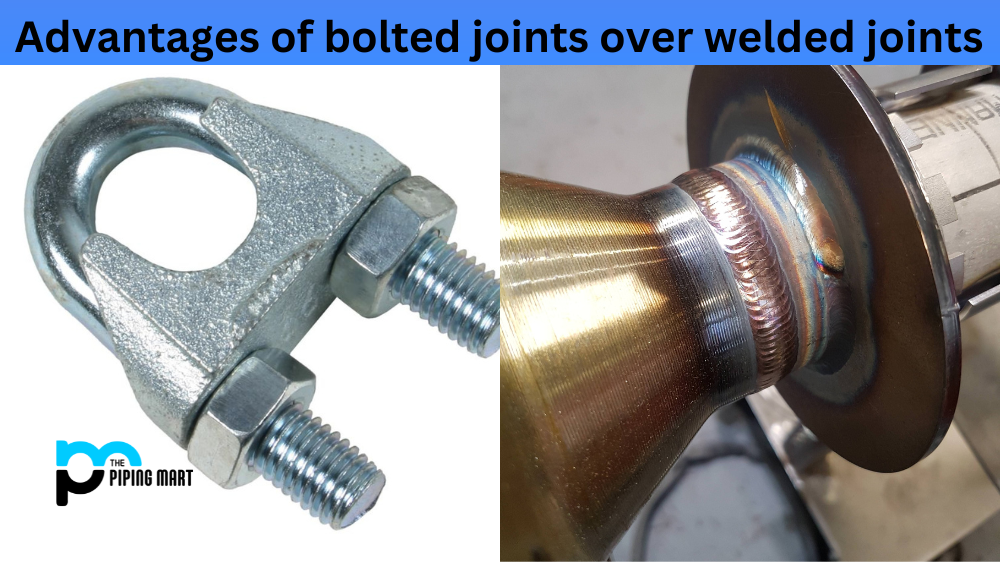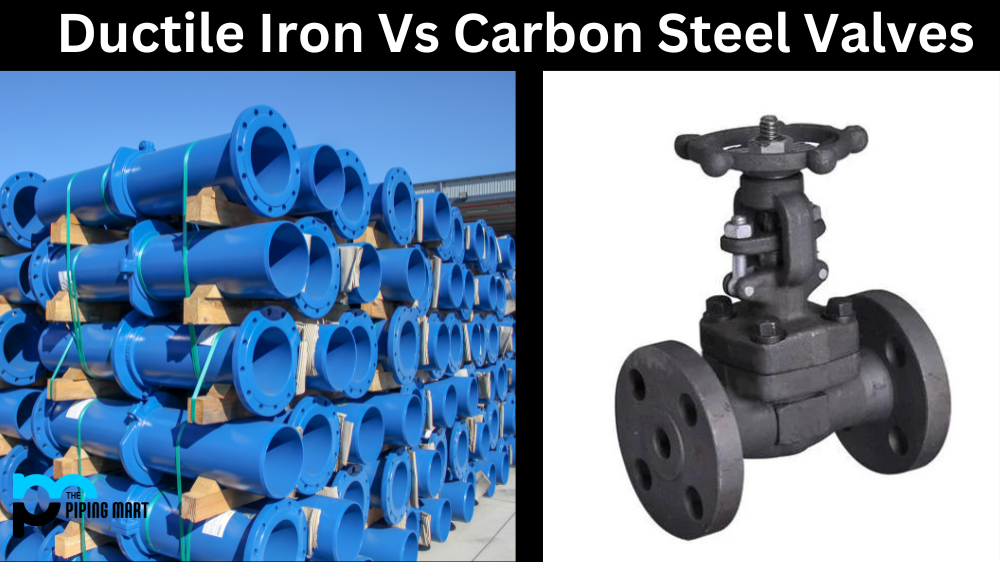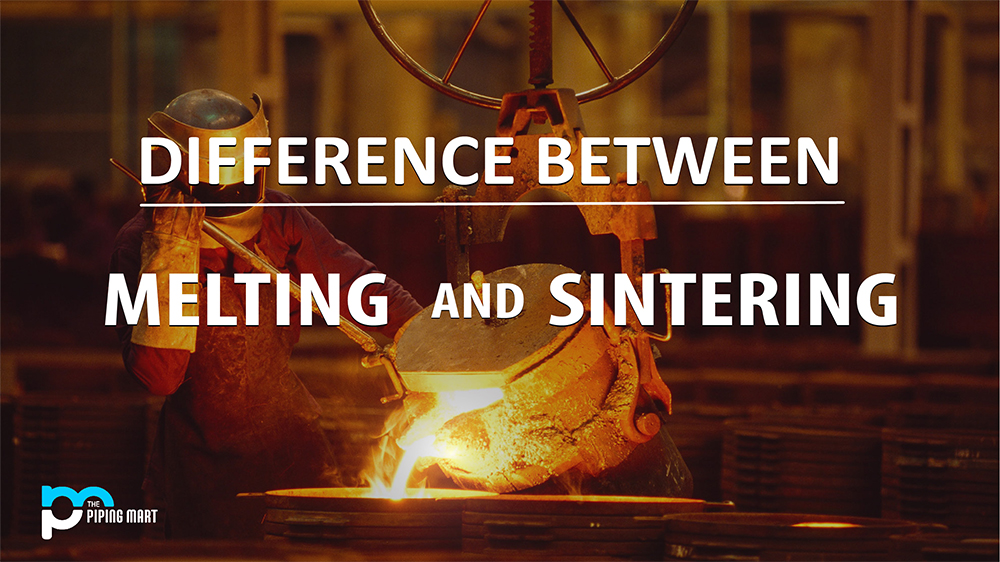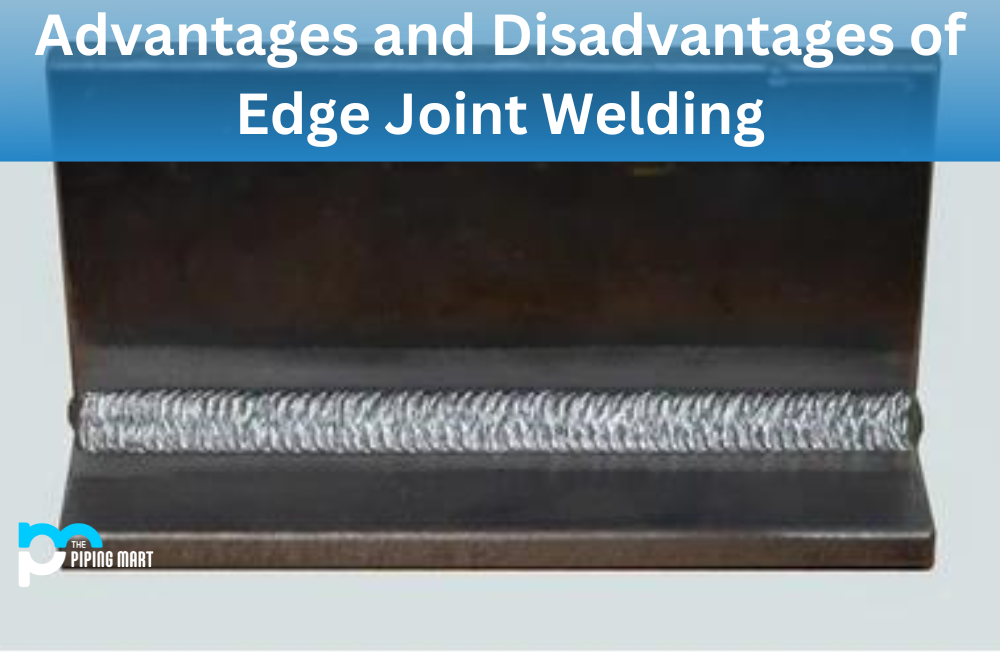Regarding joining metal structures, two primary methods are used in modern manufacturing: bolts and welding. Although welding is undoubtedly the more well-known of the two methods, bolted joints offer several advantages that make them the preferred choice for many applications. While welding can be slightly cheaper, quicker, or more appropriate for certain types of projects, in most cases, bolted joints reign supreme. This post will explain why bolted joints are superior to welded joints, detailing the benefits, method advantages, and more.
Flexibility
One of the most significant advantages of bolted joints is their flexibility. Bolting parts together allows you to take the structure apart without causing considerable damage to the materials. This is ideal for those who need to frequently modify or retrofit their structures. Welding, on the other hand, is a permanent process, and any alteration can be time-consuming and dangerous. Bolted joints allow you to expand or upgrade in the future, making them a versatile and adaptable choice.
Maintenance
Thoughts and nuts are easy to replace when damaged, and welding repairs are often complicated and expensive. Welded joints can’t be “tuned-up” over time, but bolted joints can, making maintenance procedures much easier in the long run. Also, bolts can be easily inspected for corrosion or fatigue; while welding repairs can occur sudden unexpected cracking.
Greater Strength
When considering the strength of a joint, bolts have the edge over welding. Because bolts and nuts are high-strength materials, they can hold stronger loads than welded metal areas. Bolted joints are less prone to fatigue, can bear shear forces without suffering failure, and provide a more even load distribution. On the other hand, Welds will always have the weakest point where they were welded, which can become points of failure over time.
Time and Cost
Bolted joints are more economical in the long run because they require less time and cost when compared to welding joints. For starters, bolts can be much faster in assembly and disassembly, making them ideal for large-scale projects. As mentioned earlier, bolts can be quickly replaced with minimal effort, reducing downtime and production costs.
Safety
In general, bolted joints are considered safer than welded joints. Bolting operations don’t need welding equipment such as sizing or gas fumes, resulting in a much safer environment. Bolts also help prevent thermal deformation, which can damage the material and cause disruption to the joint structure over time. Welding poses several risks, including fire hazards, fume exposure, and other injury risks.
Conclusion:
In conclusion, bolted joints have become the superior choice. Gone are the days when welding reigned supreme. The advantages of bolted joints are excellent for those looking for a flexible and adaptable solution. Plus, they’re more economical in the long run and require less maintenance meaning they’re the safer alternative. Overall, bolted joints should always be the go-to method if you want to construct a structure that can withstand years of use and modifications.

Abhishek is a seasoned blogger and industry expert, sharing his insights and knowledge on various topics. With his research, Abhishek offers valuable insights and tips for professionals and enthusiasts. Follow him for expert advice on the latest trends and developments in the metal industry.




